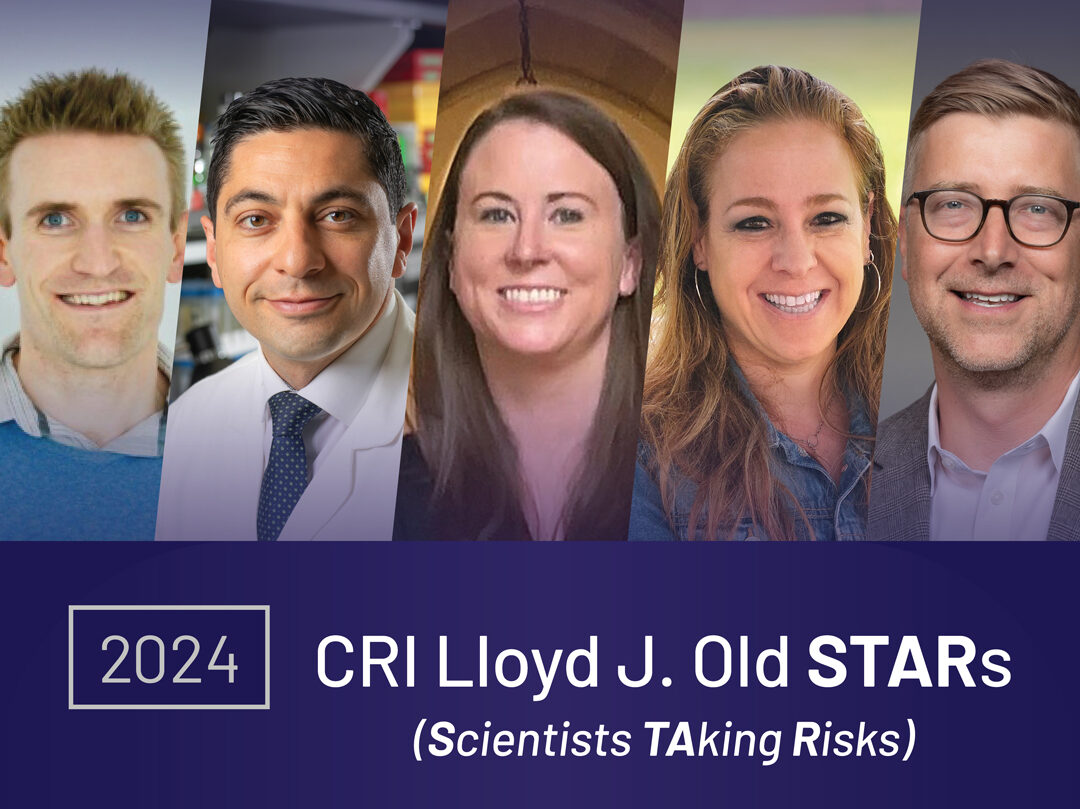Cancer Research Institute (CRI) recently shared on X:
“CRI is proud to share the new cohort of Lloyd Old STARs! Meet the researchers who will receive $1.25 million over 5 years to drive high-risk, high-reward projects with the potential to transform cancer treatment and advance the frontiers of the field.”
CRI’s Research Focus Areas:
Cancer Immunotherapy:
- Checkpoint Inhibitors: Research into drugs that block proteins used by cancer cells to evade the immune system.
- CAR-T Cell Therapy: Development of genetically modified T cells to target and kill cancer cells.
- Cancer Vaccines: Efforts to stimulate the immune system to recognize and attack cancer cells.
Tumor Immunology:
- Tumor Microenvironment: Studying how the surrounding tissue influences tumor growth and immune response.
- Immune Evasion Mechanisms: Investigating how tumors escape immune surveillance.
Basic Immunology:
- T Cell Function: Understanding how T cells recognize and destroy cancer cells.
- Antigen Presentation: Research on how cancer cells present antigens to immune cells.
Translational Research:
- Clinical Trials: Applying basic research findings to develop new therapies and testing them in clinical settings.
- Biomarker Discovery: Identifying biomarkers to predict responses to immunotherapy.
The list of the doctors who will recieve $1.25 million over 5 years to drive high-risk, high-reward projects with the potential to transform cancer treatment and advance the frontiers of the field:
Dr. Paul Beavis is the Group Leader at the Peter MacCallum Cancer Centre, specializing in enhancing CAR T cell therapy for solid cancers. His research targets the challenges of immunosuppressive tumor environments, aiming to activate robust anti-tumor immunity and improve CAR T cell persistence and tumor penetration. Dr. Beavis’s innovative CAR T cell technology is set to enter a Phase I clinical trial in 2025.
Benjamin Izar, is an assistant professor of medicine at the Columbia Vagelos College of Physicians and Surgeons in the division of Hematology/Oncology. He is a member of the Tumor Biology and Microenvironment Program at the Herbert Irving Comprehensive Cancer Center.
Dr. Benjamin Izar studies interactions between cancer cells and cells of the tumor-microenvironment, and how these define metastatic niches, response and resistance to cancer immunotherapies.
Dr. Stacy Malaker is an Assistant Professor in the Department of Chemistry at Yale University. Her research focuses on developing mass spectrometry methods to study mucins, a class of densely O-glycosylated extracellular proteins. Prior to joining Yale, she was a Postdoctoral Scholar at Stanford University.
Dr. Yifat Merbl is a Senior Scientist at the Weizmann Institute of Science and a member of 8400 The Health Network. Her research focuses on developing novel precision oncology interventions to enhance cancer treatment outcomes. Before her current role, Dr. Merbl was a Postdoctoral Fellow at Harvard Medical School.
Dr. Mark A. Sellmyer is an Assistant Professor at the University of Pennsylvania. His research focuses on uncovering the mechanisms of immunotherapy to improve clinical cancer care. The Sellmyer Lab is dedicated to developing molecular and cellular solutions for critical challenges in biomedical science and clinical medicine, with a particular emphasis on imaging and diagnostics.


